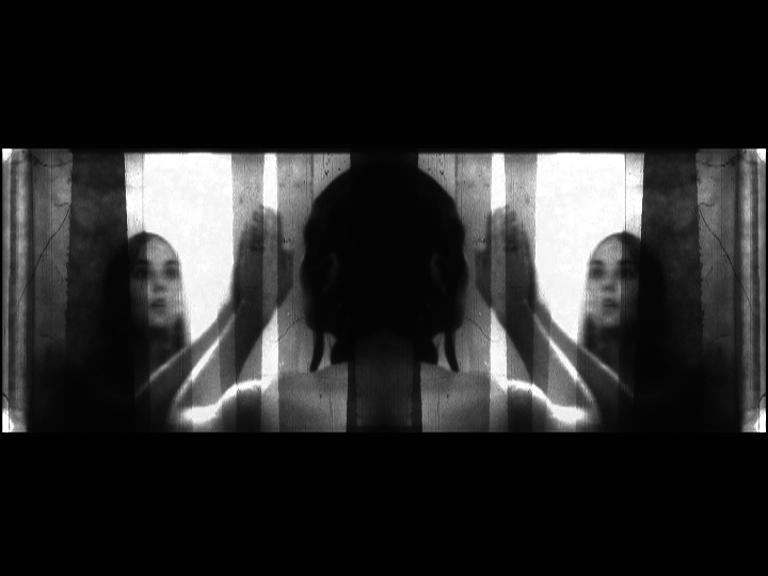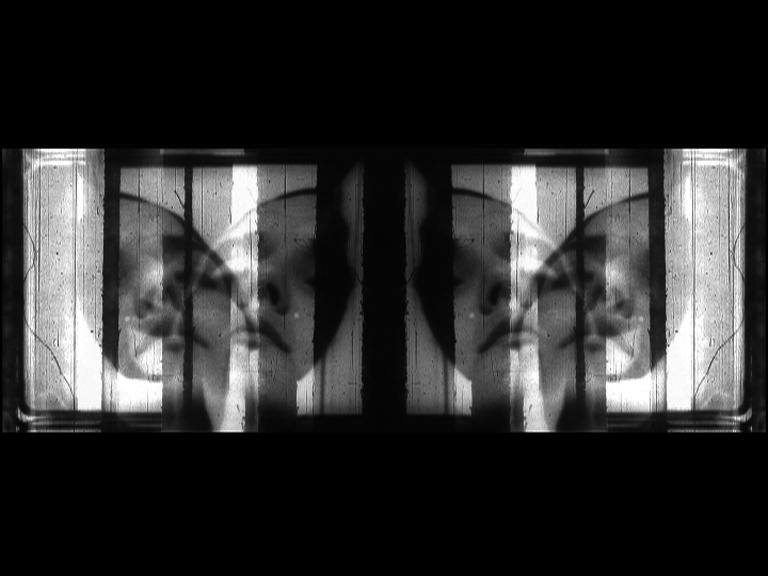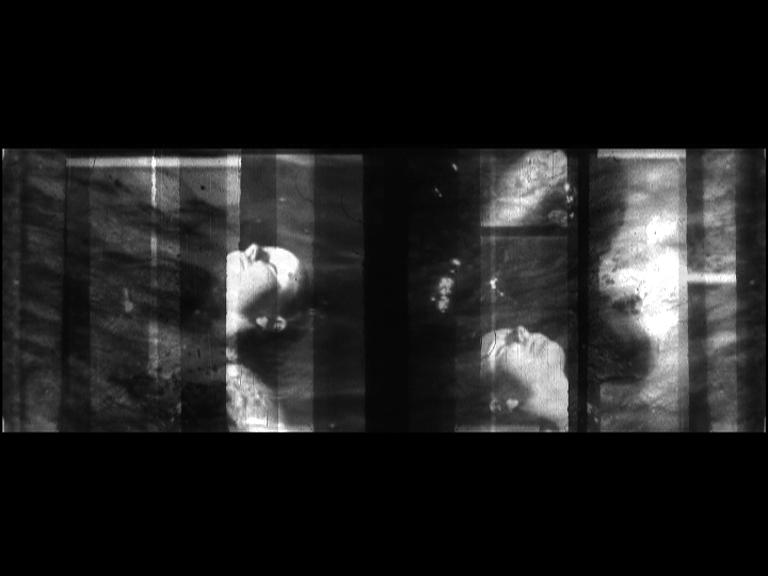Mirror Mechanics
The film as a mirror and, as a further consequence, the phenomenon of identification primarily inherent in feature films, condense to a type of essence of film´s potential. This film reports on cinema and the processes within it. In doing so, it doesn´t reveal any secrets, but instead, attempts to transfer – in the sense of seeing what we see – what we do in the cinema and what also can be relevant outside of film into a visually stimulating and captivating event.
(Siegfried A. Fruhauf)
The mirror is an instrument of deception. It can never correspond with the images presented to it, although it can reverse them, twist them into their antitheses: into counter images. It is no wonder that right from the start, the mirror has been one of the favorite accessories of melodramatic and avant-garde cinema. The mirror image´s imaginary lack of physical body sums up the idea of the cinematic: illusion, shadow, projection.
In Mirror Mechanics, a young woman with wet hair glances in a bathroom mirror. She wipes across the surface with a brush of the hand: the picture that shows this scene is mirrored along the center axis, alienated in a type of double projection. That is the starting point: Siegfried A. Fruhauf subjects his material to a series of complex transformations, overlapping and intertwining variously processed image layers, double reflections, and multiple exposures. Jürgen Gruber´s subtle soundtrack composed from intimated guitar feedback and electronic sound details gives the film an aura of smoldering aggression: the foundations of a thriller.
The final and most decisive reflection in Mirror Mechanics finally leads from the inside to the outside: toward gently rippling surfaces of water and a return to perfect symmetry, to a scene at the beach, in the scratched film reflection, an anonymous young woman with wet hair.
(Stefan Grissemann)
Translation: Lisa Rosenblatt
Like a mirror, film is an apparatus which produces images, and at the same time it permits us to perceive visual stimuli in places out of our eyes´reach. Mirror Mechanics tries to assume the cinema´s reflective function.
(Production note)



